Introduction to Long-Living Aquarium Fish
Aquariums are a captivating addition to any space, offering a serene and tranquil ambiance that can soothe the mind and spirit. However, maintaining an aquarium is not just about aesthetics; it’s also about creating a healthy and nurturing environment for the aquatic life within. One of the key aspects that aquarium enthusiasts often consider is the lifespan of the fish they choose to inhabit their tanks. This is where long-living aquarium fish come into the picture.
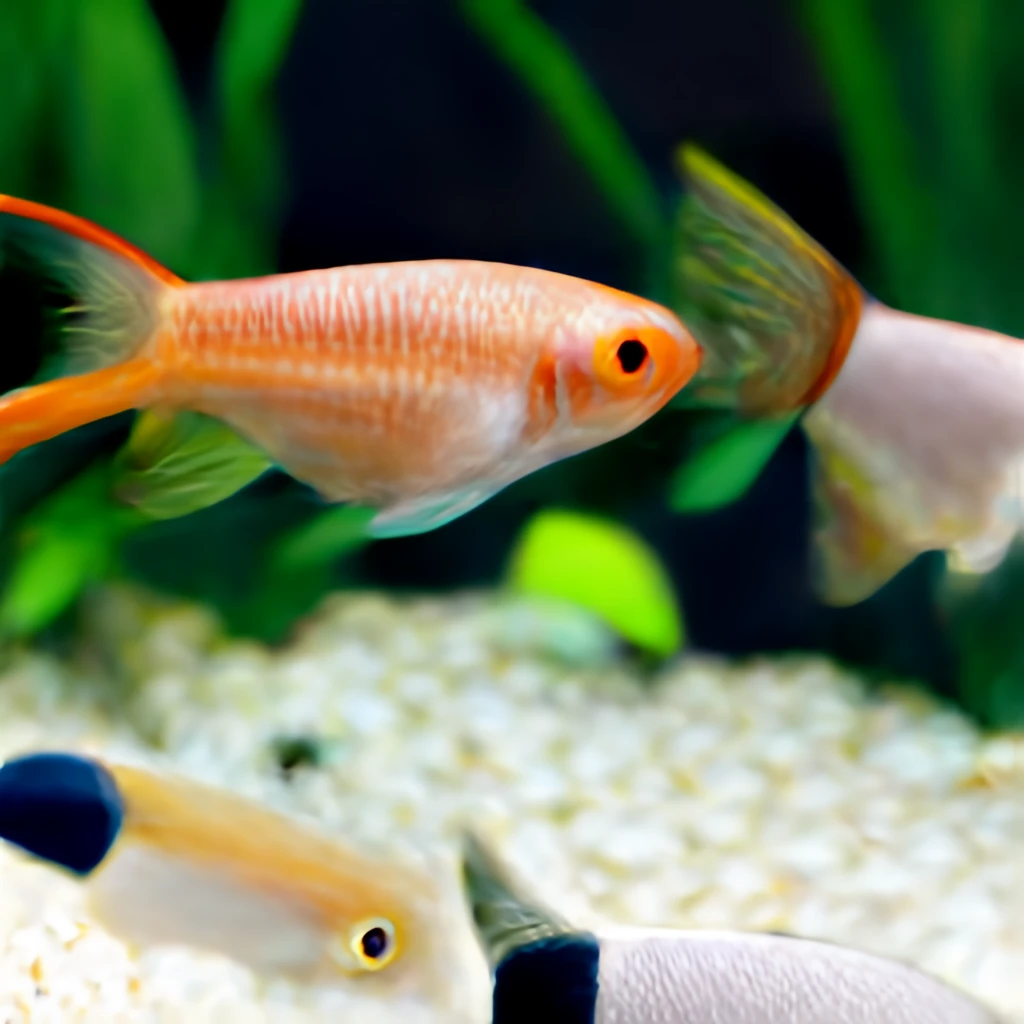
Long-living aquarium fish are species known for their longevity in a well-maintained aquarium environment. These species are often favored by both novice and experienced aquarium enthusiasts for their resilience and the continuity they provide. Having fish that live for a long time allows owners to form a bond with their aquatic pets, observe their behaviors over time, and reduce the frequency of introducing new fish to the tank, which can sometimes disrupt the established ecosystem.
The lifespan of aquarium fish can vary significantly, with some species living only a few years, while others can thrive for over a decade or more in the right conditions. Factors such as diet, water quality, tank size, and compatibility with other fish species can all play a role in determining how long a fish lives.
In 2023, there are several long-living aquarium fish that have gained popularity for their longevity, unique characteristics, and the value they add to an aquarium. In the following sections, we will delve into these species, exploring their care requirements, ideal living conditions, and tips for maintaining a healthy environment that promotes their longevity.
Whether you’re a seasoned aquarist or a beginner looking to start your first aquarium, understanding the lifespan of different fish species and the factors that contribute to their longevity can help you make informed decisions and create a thriving aquatic habitat. Let’s dive in and explore the fascinating world of long-living aquarium fish.
Top Long-Living Aquarium Fish of 2023
As we navigate through 2023, several long-living aquarium fish have emerged as favorites among aquarists. These species are not only known for their longevity but also for their unique characteristics that add vibrancy and diversity to any aquarium.
Betta Fish
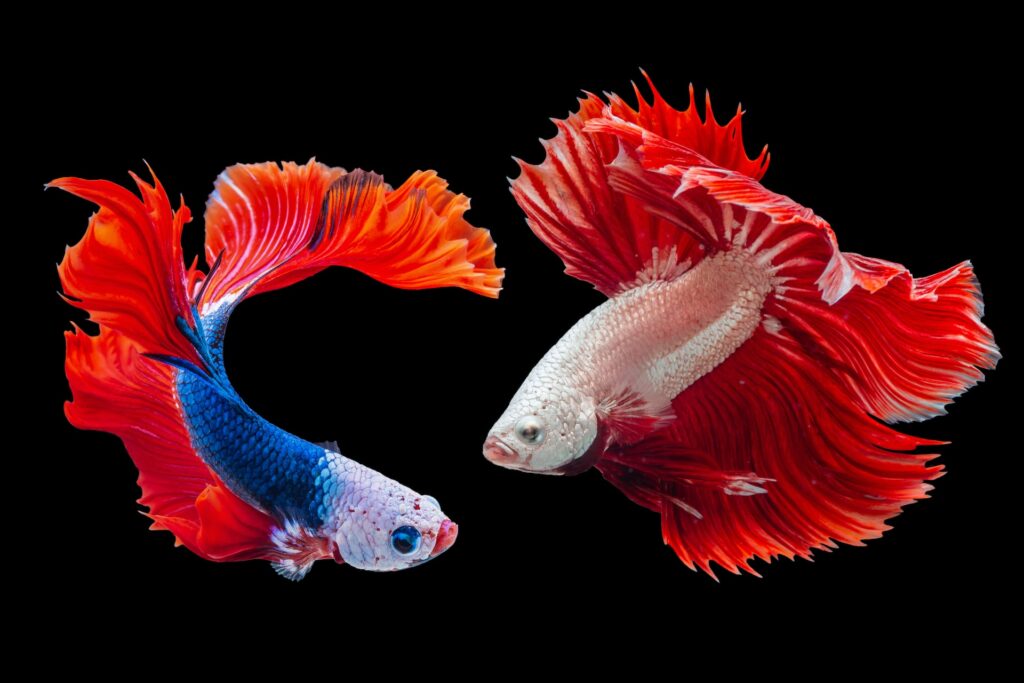
Known for their vibrant colors and flowing fins, Betta fish are a popular choice for aquarium enthusiasts. With a lifespan of up to 5 years, they are relatively easy to care for and can add a splash of color to your aquarium.
Goldfish
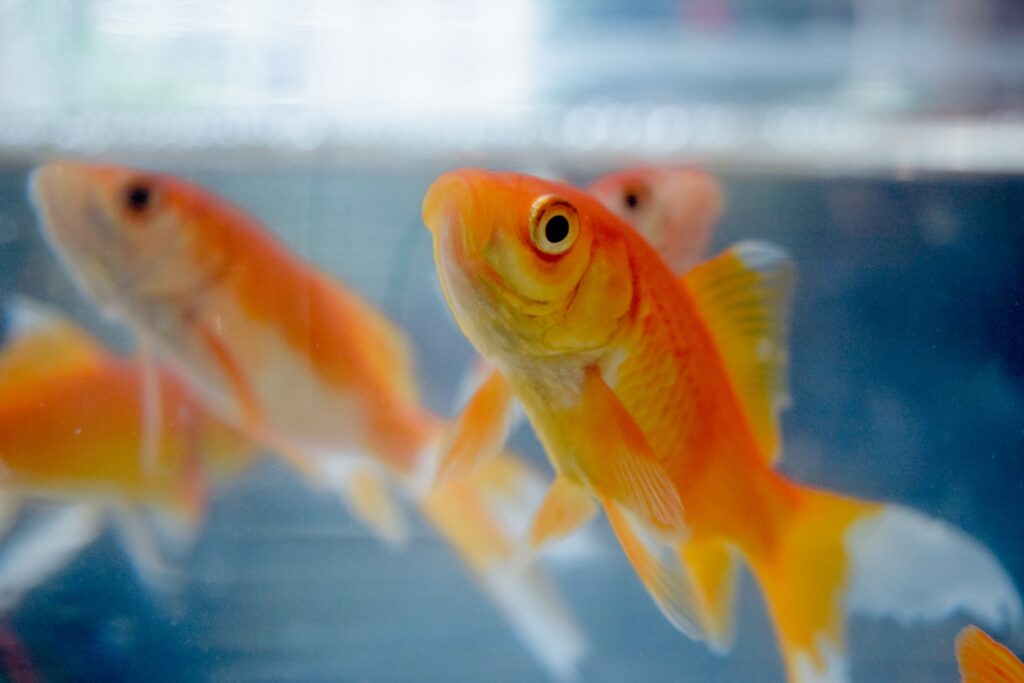
Often a first pet for many, goldfish are renowned for their longevity. With proper care, these fish can live up to 10-15 years, making them a long-term companion in your aquatic habitat.
Neon Tetras
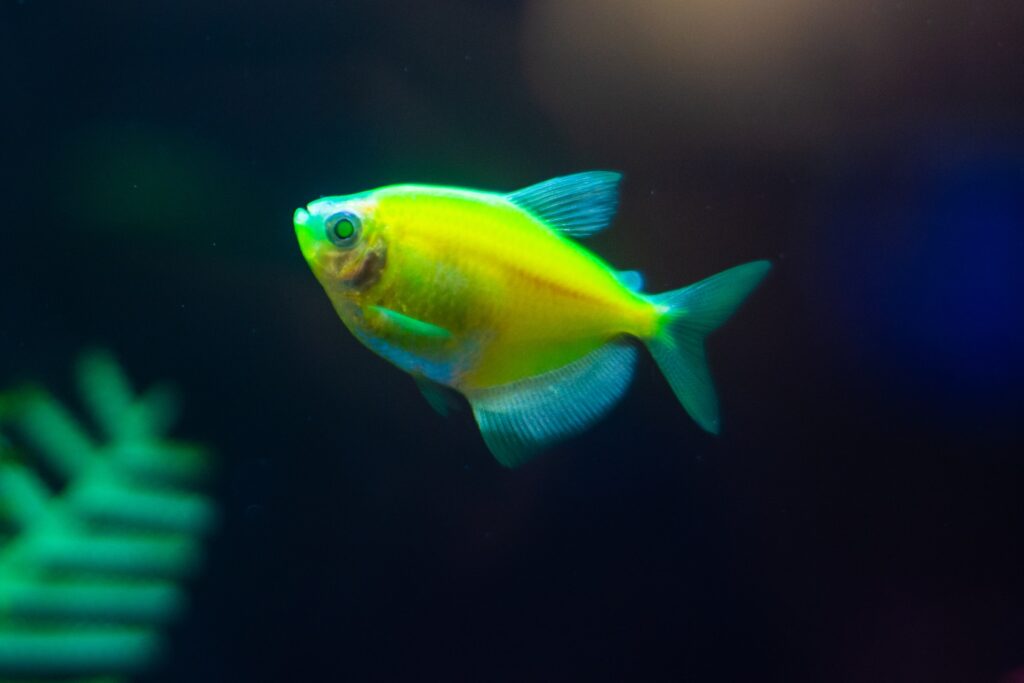
These small, brightly colored fish are a favorite in many aquariums. Neon Tetras are known to live up to 10 years, adding a consistent dash of color and activity to your tank.
Guppies
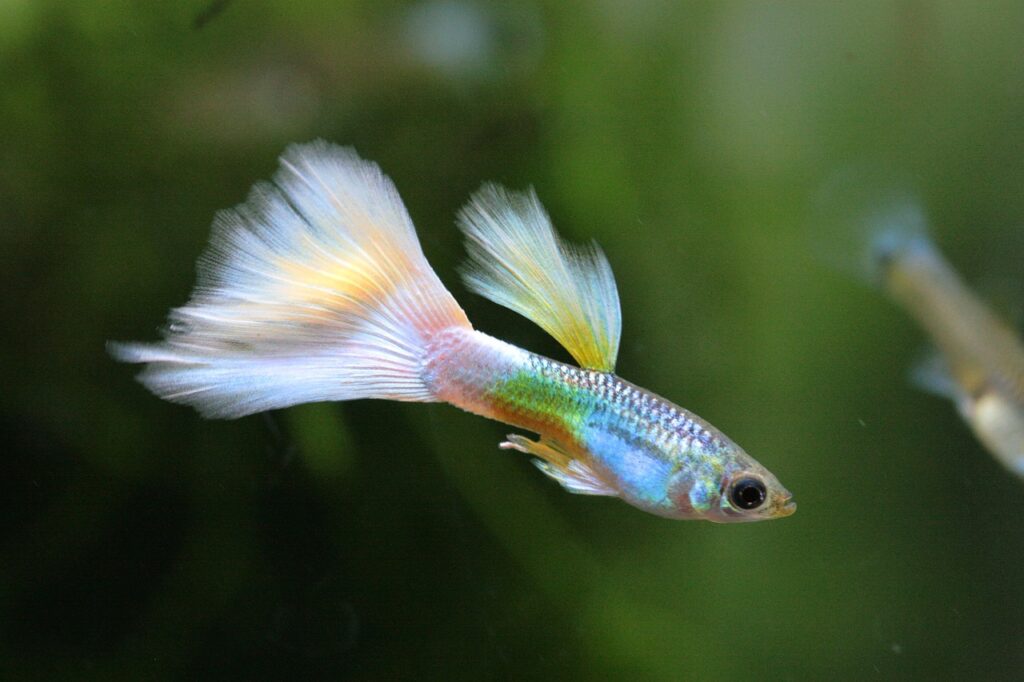
Guppies are small, lively, and come in a variety of colors. They are relatively hardy and can live up to 5 years, making them a great addition to any aquarium.
Angelfish
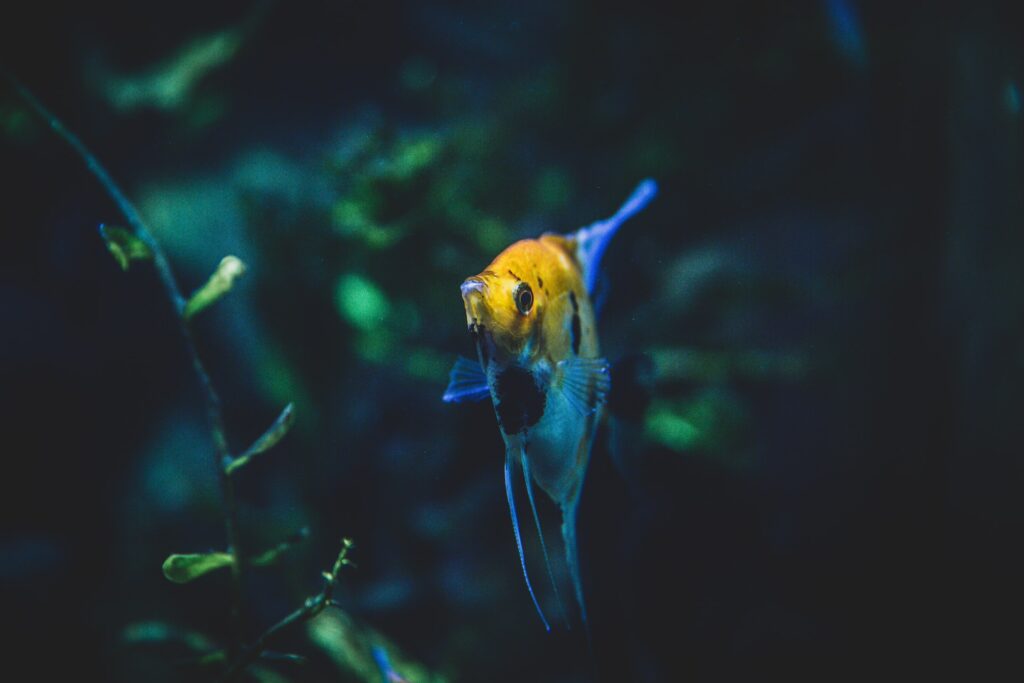
Known for their unique shape and variety of patterns, Angelfish are a striking addition to any aquarium. They can live up to 10 years with the right care.
Koi Fish
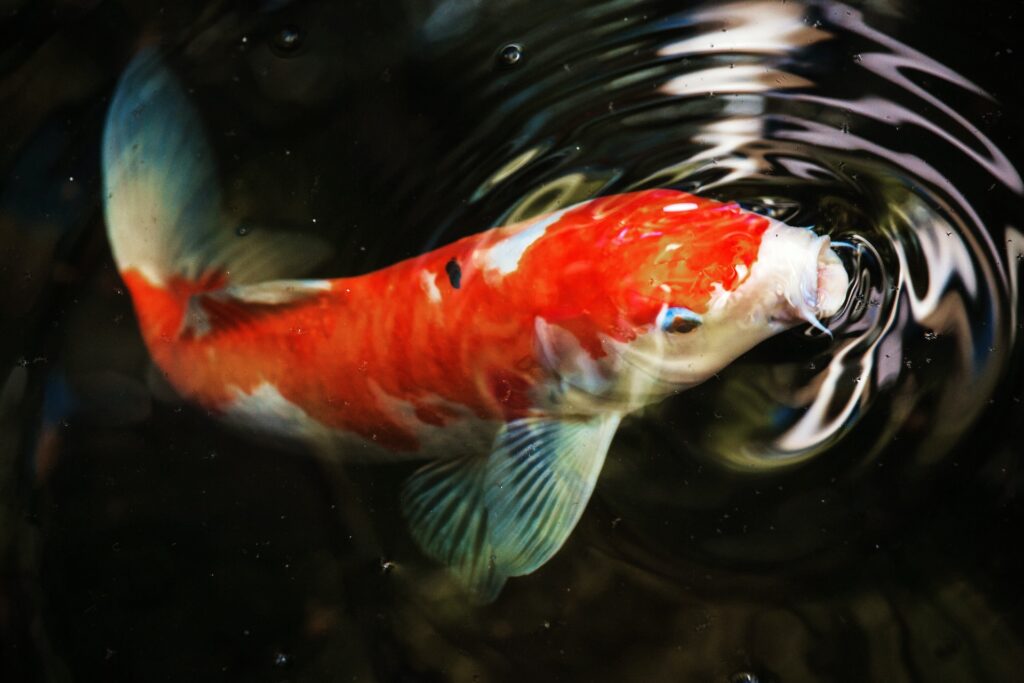
While they are often kept in outdoor ponds, Koi can also be kept in large indoor aquariums. These fish are known for their longevity, with some living up to 35 years or more.
Each of these species brings something unique to an aquarium, and their long lifespans mean that you’ll be able to enjoy their presence for years to come. In the next sections, we’ll delve into the care requirements for these long-living species and provide tips for maintaining a healthy and thriving aquarium environment.
Understanding the Lifespan of Different Fish Species
The lifespan of fish species varies significantly, influenced by a multitude of factors. These factors include the species’ genetic makeup, their environment, diet, and the quality of care they receive. Understanding these factors is crucial for anyone looking to maintain a thriving aquarium with long-living fish.
Genetics play a significant role in determining a fish’s lifespan. Some species, like the Koi fish, are naturally long-lived, with some individuals reaching ages of 35 years or more. Others, like the Betta fish or Guppies, have average lifespans of around 5 years. It’s essential to research the expected lifespan of any species you’re considering for your aquarium to ensure you’re prepared for the commitment.
The environment in which the fish live is another critical factor. This includes the size and cleanliness of the aquarium, the quality of the water, and the compatibility of different species living together. Overcrowding can lead to stress and disease, significantly reducing a fish’s lifespan. Similarly, incompatible species may fight or prey on each other, leading to a shorter lifespan for some fish.
Diet is another crucial aspect. Just like humans, fish require a balanced diet to stay healthy and live a long life. Different species have different dietary requirements, and meeting these is key to ensuring your fish live to their maximum potential lifespan.
Lastly, the quality of care the fish receive can significantly impact their lifespan. Regular cleaning of the tank, timely feeding, and monitoring for signs of disease can help ensure your fish live a long, healthy life.
In 2023, with advancements in fish care knowledge and products, it’s easier than ever to provide an optimal environment for your aquarium fish. By understanding the factors that influence their lifespan, you can enjoy the beauty and tranquility of your aquarium for many years to come.
Care Requirements for Long-Living Aquarium Fish
Caring for long-living aquarium fish involves more than just feeding them regularly. It requires a comprehensive understanding of their needs and a commitment to creating an environment that promotes their health and longevity.
Water Quality
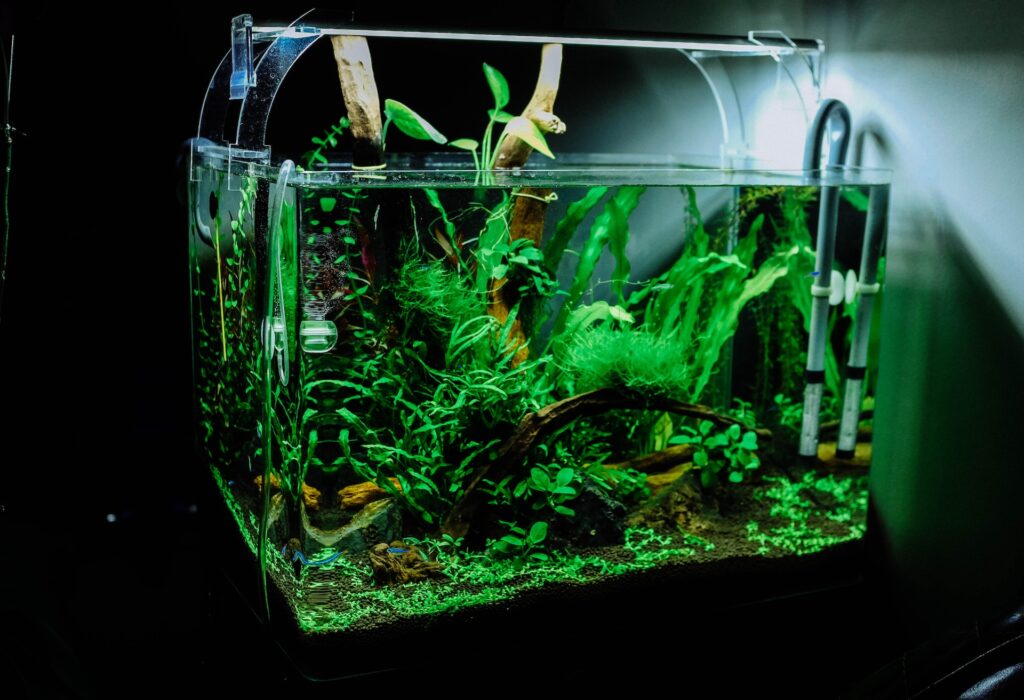
The quality of the water in your aquarium is crucial for the health of your fish. Regular testing for pH, ammonia, nitrite, and nitrate levels is necessary to ensure the water is safe. Regular water changes, typically 10-20% of the tank volume every week, can help maintain water quality.
Diet
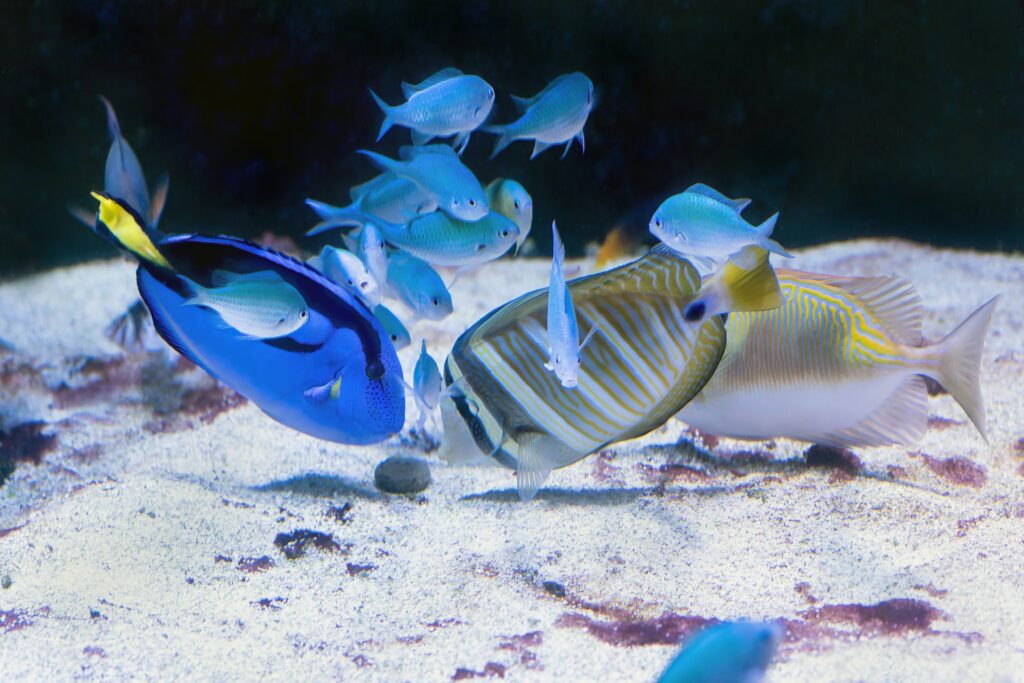
Each species of fish has specific dietary needs. Some are herbivores, some are carnivores, and others are omnivores. Providing a balanced diet that meets these needs is essential for their health and longevity. Overfeeding should be avoided as it can lead to poor water quality and health problems in fish.
Tank Size and Environment
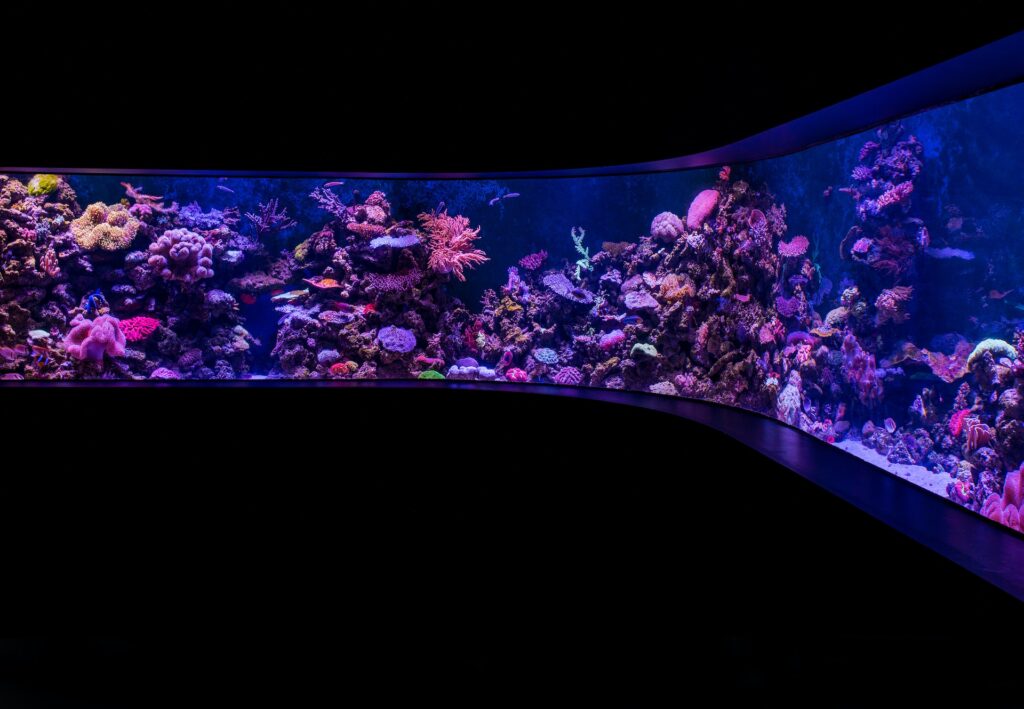
The size of your aquarium and the environment within it can significantly impact the lifespan of your fish. Overcrowding can lead to stress and disease, so it’s important to ensure your tank is large enough for the number and species of fish you have. Providing a variety of plants, rocks, and hiding places can also help create a more natural and comfortable environment for your fish.
Temperature and Lighting
Different species of fish require different water temperatures and lighting conditions. It’s important to research the needs of your specific fish and provide the appropriate heating and lighting.
Regular Monitoring
Regularly observing your fish can help you spot any signs of illness or stress early. Changes in behavior, eating habits, or appearance can all be signs that something is wrong.
By understanding and meeting these care requirements, you can help ensure your long-living aquarium fish thrive. In the following sections, we’ll provide tips for maintaining a healthy aquarium and common mistakes to avoid when caring for long-living fish.
Tips for Maintaining a Healthy Aquarium
Maintaining a healthy aquarium is key to ensuring the longevity of your fish. Here are some tips that can help you create a thriving environment for your aquatic pets:
Regular Cleaning
Keeping your aquarium clean is crucial for the health of your fish. This includes regular water changes, cleaning the tank walls, and vacuuming the substrate to remove waste and uneaten food. However, avoid overcleaning as it can disrupt the beneficial bacteria that help maintain water quality.
Proper Filtration
A good filtration system is essential for maintaining water quality. It helps remove waste, improve oxygenation, and maintain a stable environment. Ensure the filter is suitable for the size of your tank and the number of fish you have.
Balanced Diet
Feed your fish a balanced diet that meets their nutritional needs. This often includes a mix of dry food, live food, and fresh vegetables. Avoid overfeeding as it can lead to obesity and poor water quality.
Monitor Water Parameters
Regularly test the water for pH, ammonia, nitrite, and nitrate levels. These parameters can affect the health of your fish and should be kept within the appropriate range for your specific species.
Avoid Overstocking

Overcrowding can lead to stress, disease, and poor water quality. As a general rule, provide at least one gallon of water for every inch of fish.
Provide Enrichment
Fish are intelligent creatures that need stimulation. Provide a variety of plants, rocks, and hiding places to create an interesting environment for them to explore.
Quarantine New Fish
Before adding new fish to your aquarium, quarantine them for a couple of weeks to ensure they are not carrying any diseases that could infect your existing fish.
By following these tips, you can maintain a healthy aquarium that promotes the longevity of your fish. In the next section, we’ll discuss common mistakes to avoid when caring for long-living fish.” “VI. Common Mistakes to Avoid with Long-Living Fish
Even with the best intentions, it’s easy to make mistakes when caring for long-living aquarium fish. Here are some common errors to avoid to ensure your fish live a long, healthy life:
Overfeeding
This is one of the most common mistakes made by fish owners. Overfeeding can lead to obesity and other health problems in fish. It can also degrade water quality as uneaten food decomposes. Feed your fish only what they can consume in a few minutes, once or twice a day.
Ignoring Water Quality
The quality of the water in your aquarium is crucial for the health of your fish. Neglecting regular water changes or failing to test the water regularly can lead to poor water quality, which can stress fish and lead to disease.
Overcrowding the Aquarium
Each fish requires a certain amount of space to swim and grow. Overcrowding can lead to stress, aggression, and disease. Make sure your aquarium is large enough for the number and size of fish you have.
Mixing Incompatible Species

Not all fish get along. Some species are aggressive or have specific needs that can’t be met in a community tank. Always research the compatibility of different species before adding new fish to your aquarium.
Neglecting Regular Observations
Regularly observing your fish can help you spot signs of illness or stress early. Changes in behavior, eating habits, or appearance can all be signs that something is wrong.
Skipping Quarantine
Introducing new fish directly into your aquarium without a quarantine period can introduce diseases that can infect your existing fish. Always quarantine new fish for a couple of weeks before adding them to your main tank.
Avoiding these common mistakes can help ensure your long-living aquarium fish thrive. In the next section, we’ll discuss how to enhance your aquarium experience with long-living fish.
Compatibility of Long-Living Fish with Other Species
When setting up an aquarium, especially one intended for long-living fish, it’s crucial to consider the compatibility of the different species you plan to introduce. This is because some fish species can coexist peacefully, while others may be aggressive or have specific needs that can’t be met in a community tank.
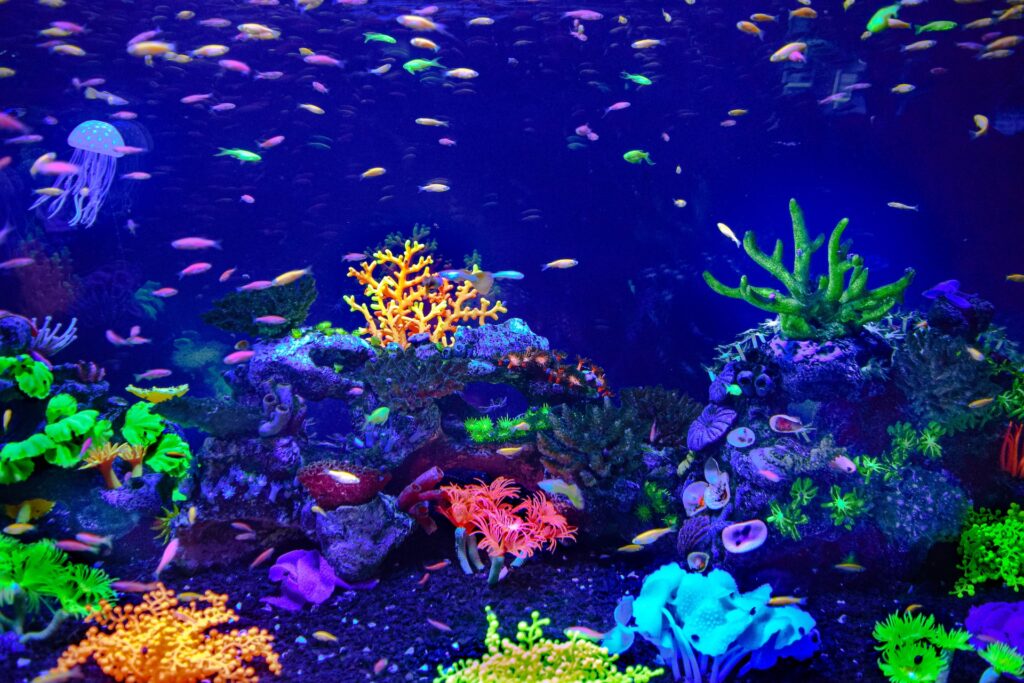
Firstly, consider the size and temperament of the fish. Larger, aggressive fish may bully or even eat smaller, more peaceful species. For example, while Betta fish are long-living, they are also known for their aggressive behavior and may not do well in a tank with other fish, especially those with similar appearances.
Secondly, consider the water conditions each species requires. Some fish prefer warmer water, while others thrive in cooler temperatures. Some need a specific pH or hardness level to stay healthy. Trying to house fish with vastly different water requirements can lead to stress and illness.
Thirdly, consider the dietary needs of each species. Carnivorous fish may not get the nutrition they need from a diet designed for herbivores, and vice versa. Some fish may also be prone to overeating and could consume all the food before slower, more timid species get their share.
Lastly, consider the swimming habits of each species. Some fish prefer to swim near the surface, others in the middle of the tank, and some stay near the bottom. A mix of species that occupy different levels can make for a more interesting and balanced aquarium.
In conclusion, while it can be tempting to choose fish based solely on their appearance or longevity, it’s essential to consider their compatibility with the other inhabitants of your aquarium. By doing so, you can create a peaceful, balanced environment where all your fish can thrive.
Enhancing Your Aquarium Experience with Long-Living Fish
Creating and maintaining an aquarium is a rewarding experience that combines the joys of pet ownership with the beauty of underwater life. Choosing long-living fish for your aquarium can enhance this experience, providing continuity and the opportunity to form a lasting bond with your aquatic pets.
Long-living fish species, such as Betta fish, Goldfish, Neon Tetras, Guppies, Angelfish, and Koi, each bring unique characteristics and vibrancy to an aquarium. By understanding their specific needs and providing appropriate care, you can ensure these fish thrive and live out their full lifespan in your care.
Maintaining a healthy aquarium involves regular cleaning, proper filtration, providing a balanced diet, monitoring water parameters, and avoiding overcrowding. It’s also important to consider the compatibility of different species when setting up a community tank to ensure a peaceful and balanced environment.
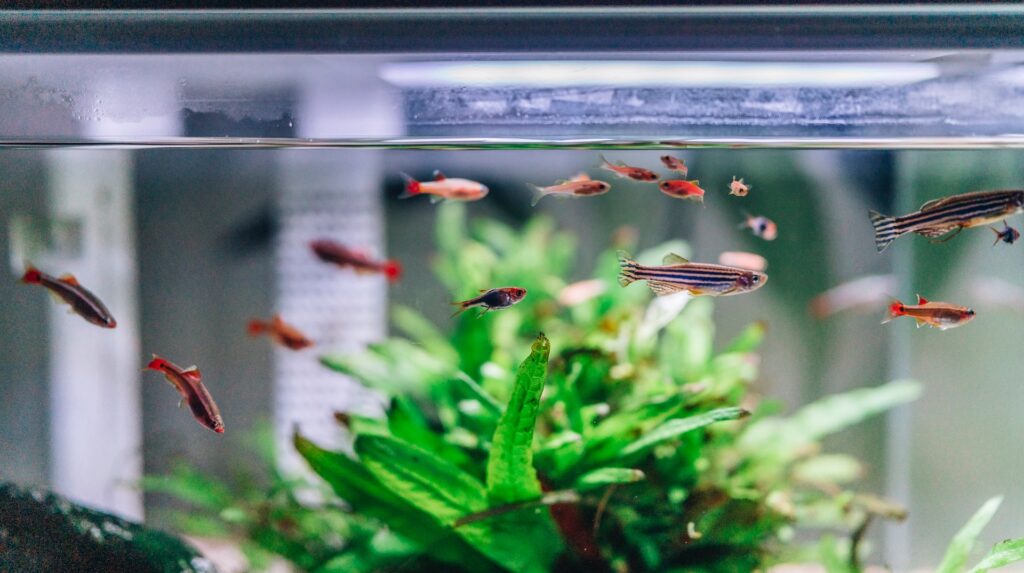
Avoiding common mistakes, such as overfeeding, ignoring water quality, overcrowding the aquarium, mixing incompatible species, neglecting regular observations, and skipping quarantine for new fish, can help prevent health issues and promote the longevity of your fish.
In 2023, with advancements in fish care knowledge and products, it’s easier than ever to provide an optimal environment for your aquarium fish. By understanding the factors that influence their lifespan, you can enjoy the beauty and tranquility of your aquarium for many years to come.
In conclusion, long-living fish can make a wonderful addition to your aquarium. With the right care and attention, these fish can provide years of enjoyment, adding color, activity, and life to your underwater world. Whether you’re a seasoned aquarist or a beginner, the world of long-living aquarium fish offers a fascinating and rewarding hobby.
The Future of Aquarium Care: Embracing Long-Living Fish
As we look to the future of aquarium care, the trend towards keeping long-living fish is set to continue. The appeal of these species lies not only in their longevity but also in the depth of engagement they offer aquarium enthusiasts. Over the years, owners can observe their behaviors, monitor their growth, and even see them breed, providing a rich and rewarding experience.
The advancements in aquarium technology and our understanding of fish care are making it easier than ever to cater to the needs of these long-living species. From sophisticated filtration systems that help maintain optimal water conditions, to high-quality fish foods that cater to the specific dietary needs of different species, the tools at our disposal are continually improving.
Moreover, the wealth of information available online, from detailed care guides to active forums where enthusiasts can share tips and advice, means that even beginners can successfully keep long-living fish. This accessibility of information is helping to drive the popularity of aquarium keeping and encouraging more people to embrace the hobby.
However, with this trend comes a responsibility. Long-living fish, by their nature, require a long-term commitment. Prospective owners should be prepared to provide the necessary care for the entirety of the fish’s life, which could span many years. This includes regular tank maintenance, monitoring of water conditions, and provision of a suitable diet.
In conclusion, the future of aquarium care is bright, with long-living fish playing a central role. These species offer a unique opportunity to engage with the underwater world and learn about the fascinating life cycles of these aquatic creatures. By committing to their care, we can enrich our own lives while ensuring the health and wellbeing of our aquatic pets.
Final Thoughts: The Joy and Responsibility of Keeping Long-Living Fish
Keeping long-living fish in your aquarium is a journey filled with joy, learning, and responsibility. These aquatic creatures, with their vibrant colors and unique behaviors, can bring a sense of tranquility and fascination to your home or office. They offer a window into an underwater world that many of us would not otherwise get to experience.
However, the decision to keep long-living fish should not be taken lightly. These creatures rely on us for their survival and wellbeing. They require a suitable environment, a balanced diet, and regular care to thrive. The responsibility of providing for their needs over many years is something that all prospective and current fish owners should seriously consider.
In return for our care, long-living fish reward us in many ways. They provide a sense of continuity, as we get to observe them grow and change over time. They teach us about the fascinating world of aquatic life, and they offer a therapeutic presence that can help reduce stress and improve our mood.
In 2023, the resources and knowledge available to fish owners are more extensive than ever before. From detailed care guides to advanced aquarium equipment, everything you need to provide a great home for your long-living fish is within reach. By making use of these resources and committing to the care of your fish, you can ensure that your aquarium thrives for many years to come.
In conclusion, keeping long-living fish is a fulfilling hobby that combines the joys of pet ownership with the beauty of aquatic life. It’s a journey of continuous learning and discovery, and one that can bring a lot of joy and satisfaction. Whether you’re a seasoned aquarist or a beginner, the world of long-living aquarium fish offers a fascinating and rewarding experience.”